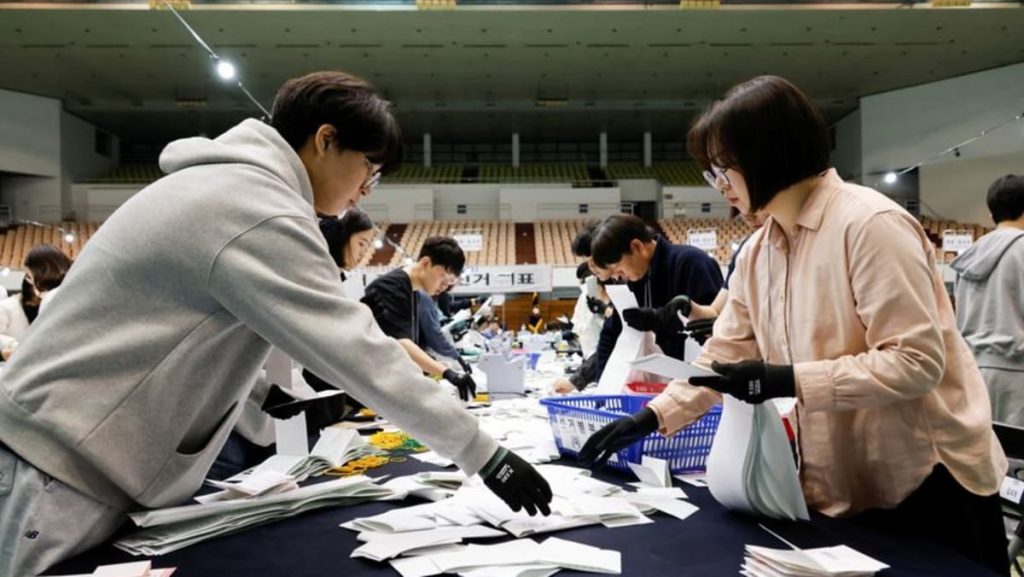As President Yoon Suk Yeol enters the final weeks of his term, political observers are predicting that he will soon enter a “lame duck” status. This term refers to a period in which a sitting president is nearing the end of their term and becomes less influential as attention shifts to the incoming administration. Despite Yoon’s efforts to maintain relevance, his ability to push through policies or make significant decisions is likely to diminish as his term nears its end. This is a common phenomenon in many political systems, where outgoing leaders often struggle to maintain their influence as attention shifts to their successors.
Yoon’s lame duck status is further exacerbated by his low approval ratings and a lack of substantial policy accomplishments during his term in office. This has weakened his ability to rally support for his agenda and may limit his effectiveness in his remaining months in office. Additionally, with the upcoming presidential election drawing near, attention is already shifting to his potential successors, further marginalizing Yoon’s influence in the political landscape. This could make it even more challenging for him to advance his policy priorities or leave a lasting impact on the country during his remaining time in office.
Despite these challenges, Yoon may still have opportunities to shape his legacy in his final days in office. By focusing on achievable goals and working to build consensus with other political actors, he may be able to push through some key initiatives or reforms before his term ends. Additionally, he could use his remaining time in office to address pressing issues facing the country or to set the stage for his successor to build upon his work. While the constraints of his lame duck status may limit his ability to enact major changes, Yoon can still work to leave a positive mark on his presidency.
Yoon’s lame duck status comes at a time of significant political upheaval in South Korea, with the upcoming presidential election poised to bring a new leader to power. As attention shifts to the candidates vying to succeed him, Yoon’s influence is likely to wane even further. This transition period presents both challenges and opportunities for Yoon, as he navigates the shifting political landscape and seeks to leave a lasting impact on the country. While his lame duck status may limit his ability to push through major policy changes, Yoon can still work to solidify his legacy and set the stage for his successor to continue his work.
In the midst of his lame duck status, Yoon must also navigate the challenges of a divided political landscape and a public disillusioned with his leadership. His efforts to rally support for his agenda may be hampered by his low approval ratings and a lack of political momentum. However, by engaging with key stakeholders and focusing on achievable goals, Yoon may be able to make some meaningful strides in his final days in office. This will require skillful negotiation and a willingness to compromise, but Yoon has the opportunity to leave a positive mark on his presidency despite the challenges he faces.
In conclusion, President Yoon Suk Yeol’s impending lame duck status represents a challenging period for his presidency. As attention shifts to the upcoming presidential election and his approval ratings remain low, Yoon’s ability to shape policy and influence the political landscape is likely to diminish. However, by focusing on achievable goals, building consensus with other political actors, and addressing pressing issues facing the country, Yoon can still leave a positive mark on his presidency. Despite the constraints of his lame duck status, Yoon has the opportunity to solidify his legacy and set the stage for his successor to build upon his work. As he navigates this period of transition and uncertainty, Yoon must navigate the challenges of a divided political landscape and seek to leave a lasting impact on the country.


